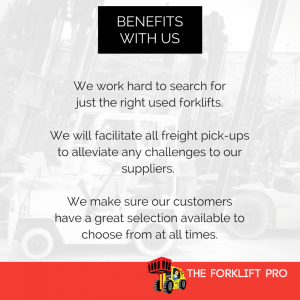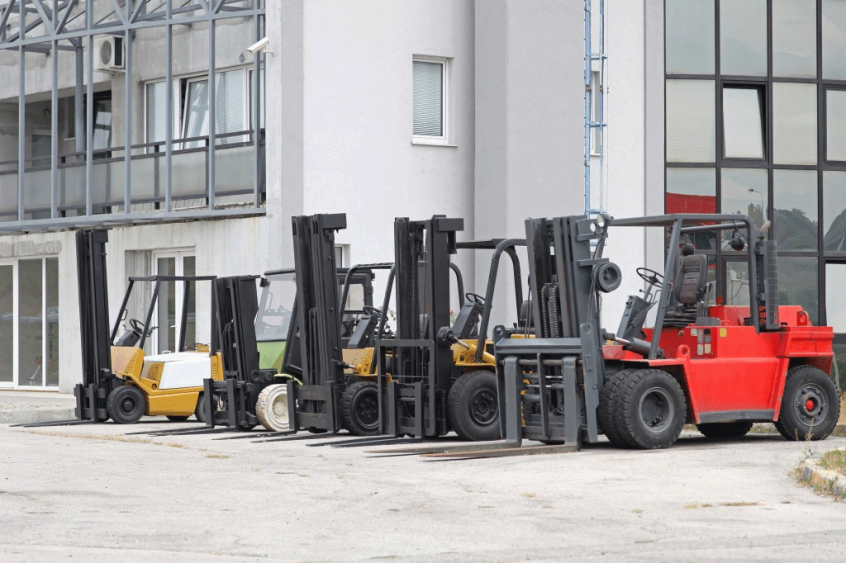
Out of all of the industrial equipment available on the market today, forklifts are possibly one of the most important tools for many business owners across industries. Forklifts are the heavy lifters that make it possible for businesses to rapidly move weighty materials.
Yet, newly manufactured forklifts are expensive. A variety of factors increase the cost of a forklift, including the size, capacity and any attachments needed based on the ways a business owner plans to use it. While buying used forklifts will mitigate costs, many forklifts over the years have been adapted for use in ways never considered during the design process. Businesses that sell or buy forklifts benefit from knowing more about these and traditional ways.
Indoor Materials Movement
Most people know that forklifts are used in indoor areas, such as attached and detached warehouses and distribution centers, for loading and unloading trucks, transporting, stacking and picking. Typically, forklifts in these situations are used to lift or pull pallets, but large single or stacked boxes, crates, drums, equipment and other items are also transported without pallets. The forklift designs vary to manage different obstacles and scenarios, including side-lifting, small aisles and high shelves/areas.
Outdoor Materials Movement
When many consumers think about forklifts used outdoors, they immediately think of outdoor lumber, hardware, home and garden areas. Construction sites are another common outdoor area. Rugged design forklifts are often used to move heavy construction materials and other construction-related items, such as trash and recycling bins and dumpsters and portable toilets. With the use of a portable container or hopper attachment, they are also used to transport and dump materials into larger containers like dumpster or in ditches or down the side of a hill. Forklifts can also be found on docks, container yards, junkyards, recycling centers and similar areas moving pallets of materials and shipping containers.
Transporting People
Forklift trucks have also become an alternative tool to aerial or bucket work lifts, cranes and platforms for lifting people indoors and outdoors. Wise business owners take into account OSHA safety practices and use attachments with their forklifts that prevent falls, such as specially-designed safety cages and platforms. With these options, people use forklifts to manually pick or stack items, perform inventory or maintenance duties, clean hard-to-reach areas and even trim trees that are too tall to be reached from the ground and too short to warrant the time and money of using other equipment. As long as the forklift manufacturer approves of the business owners use in writing, the forklift can be used for double duty.
Other Specialty Uses
With a broom attachment, a forklift is used as a sweeper to wet or dry sweep warehouse and dock floors and even parking lots. There are also dust mopping attachments. Some business owners also add a plow to the front of a forklift to plow away loose dirt piles and snow. Both the broom and plow attachments work well to remove spills. Lastly, many businesses add a boom attachment to forklifts to use them as loading cranes.
Training Tools
Of course, forklifts are also used to train new forklift drivers and mechanics. A used forklift is perfect for these types of work because a business owner or training company does not have to worry as much about losing a large monetary investment if a driver or repair trainee causes cosmetic or other damage while learning their trade.
In all of these applications, used forklifts offer certified high quality at a low price. Many used forklifts came from business sales. As a result, plenty of low-cost modern used fork lifts are available. Used forklifts are a great choice because they are also inexpensive to maintain and replace.

